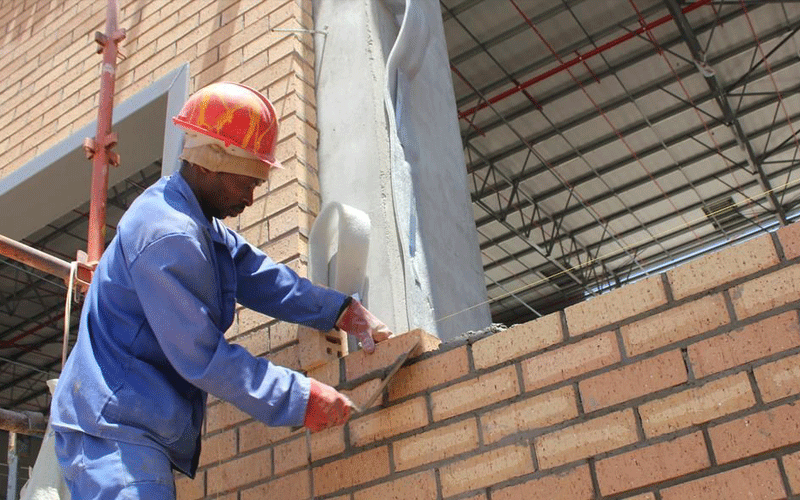Protecting construction workers from coronavirus
By Joseph Maina, September 11, 2020A new dawn has set upon your typical construction site, thanks to the Covid-19 pandemic, as experts prescribe new precautions to stem the spread of the virus.
The National Construction Authority (NCA) observes that construction workers are a vulnerable group as they are faced with the elevated risk of exposure in close-knit and unhygienic worksite conditions.
They also need to keep the construction jobs to support themselves and their families as they are majorly casual labourers and self-employed.
The health and safety of construction workers was a highlight in a recent stakeholders convention for construction worker, held virtually under the title Innovative Capacity Building Practices For Sustainable Construction During and Post Covid-19 Pandemic.
In addition to the common precautions issued to the general public as part of measures to contain the spread of the coronavirus, experts in the construction industry advise on additional safety precautions specifically tailored for the construction worker.
“Tools should be used by one person at a time and if they are shared, proper sanitation and fumigation should be done before changeover to the next user,” said Wataku Vincent, from the State Department for Public Works in the Ministry of Transport, Infrastructure, Housing, Urban Development and Public Works.
Health and safety draft
In addition, workers are advised to observe social distance always. Tools and material used at the construction site should be properly stored.
Construction sites should also maintain site registers at all times, and the use of protective masks is advised, irrespective of trade.
Shortly after the outbreak of Covid-19 in the country, NCA released a draft of onsite health and safety management measures to be followed in every construction site in the country during the pandemic.
Under the measures, each construction site is expected to have an occupational health and safety officer or a person in charge of the site sensitised on the virus.
Contractors are further expected to create awareness amongst their site workers and minimise chances of stigmatisation.
Contractors shall also be expected to employ administrative controls to aid in site worker separation and reducing people density.
This will be achieved through rotating shifts, separating trades by piecework and other scheduled alternatives.
The regulations further forbids access to the construction site to anyone who has a fever or flu-like symptoms, is vulnerable or is living with someone in self-isolation.
“If a construction worker develops a fever or flu-like symptoms while at work, they should be advised accordingly, return home immediately and follow the Ministry of Health’s guidelines on self-isolation” read the guidelines.
NCA also discourages access to the site by non-essential visitors, and requires contractors to remove site entry systems that require skin contact, such as fingerprint scanners.
Cleaning regimes should also be increased and enhanced at every construction site.
The construction authority further encourages the use of mobile money and online bank transfer systems for payment of wages and salaries to construction staff.
Thankfully, a lot of contractors in the country have taken heed of these directives, partly due to the punitive and disruptive ramifications of noncompliance.
“If someone tests positive, the site will have to shut down,” said Naheed Popat, the managing director of Greenkey Environmental Solutions Limited.
“Everyone will have to be tested and until they get the results the site remains closed.
Obviously the construction company will lose money, so they’re trying as much as possible to limit this,” he adds.
Protective equipment
“One challenge is the social distancing rule. You know, it’s very hard to keep people apart when they are working,” he notes.
He also says contractors have failed to supply masks to their workers, which he blames on failure of the governing body to enforce some of the rules.
The NCA requires that in addition to the normal construction site Personal Protective Equipment (PPE) meant to protect the workers from hazards and dangers on the site, construction workers should be provided with facemasks and long-sleeved aprons for protection against infection from contaminated surfaces.
To further bolster the effectiveness of the standards, Popat stresses on increased awareness among construction workers.
The risks of contracting the disease grow higher, Popat noted, when construction workers are restricted to a closed space.
“The challenge comes when the structure goes up and people are working inside. The risks grow exponentially,” he said.
